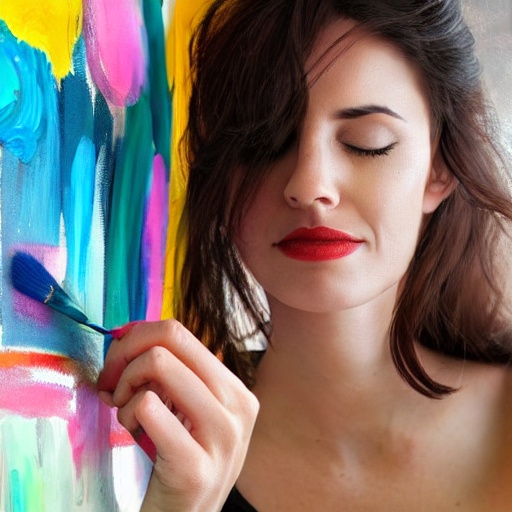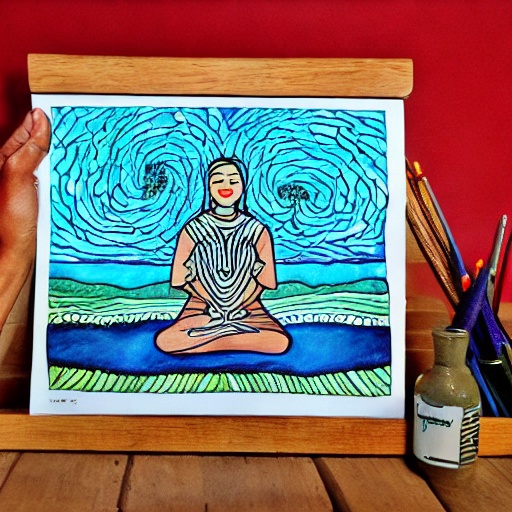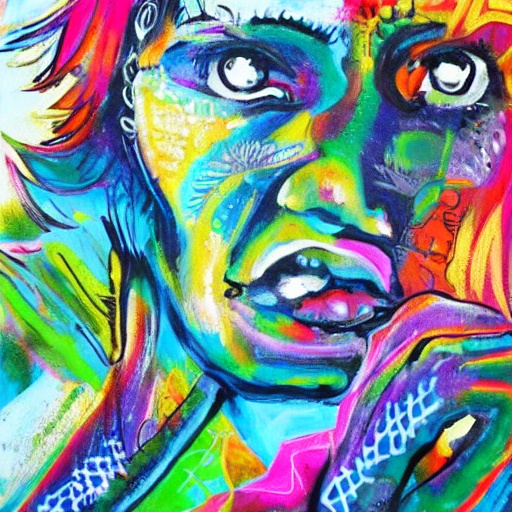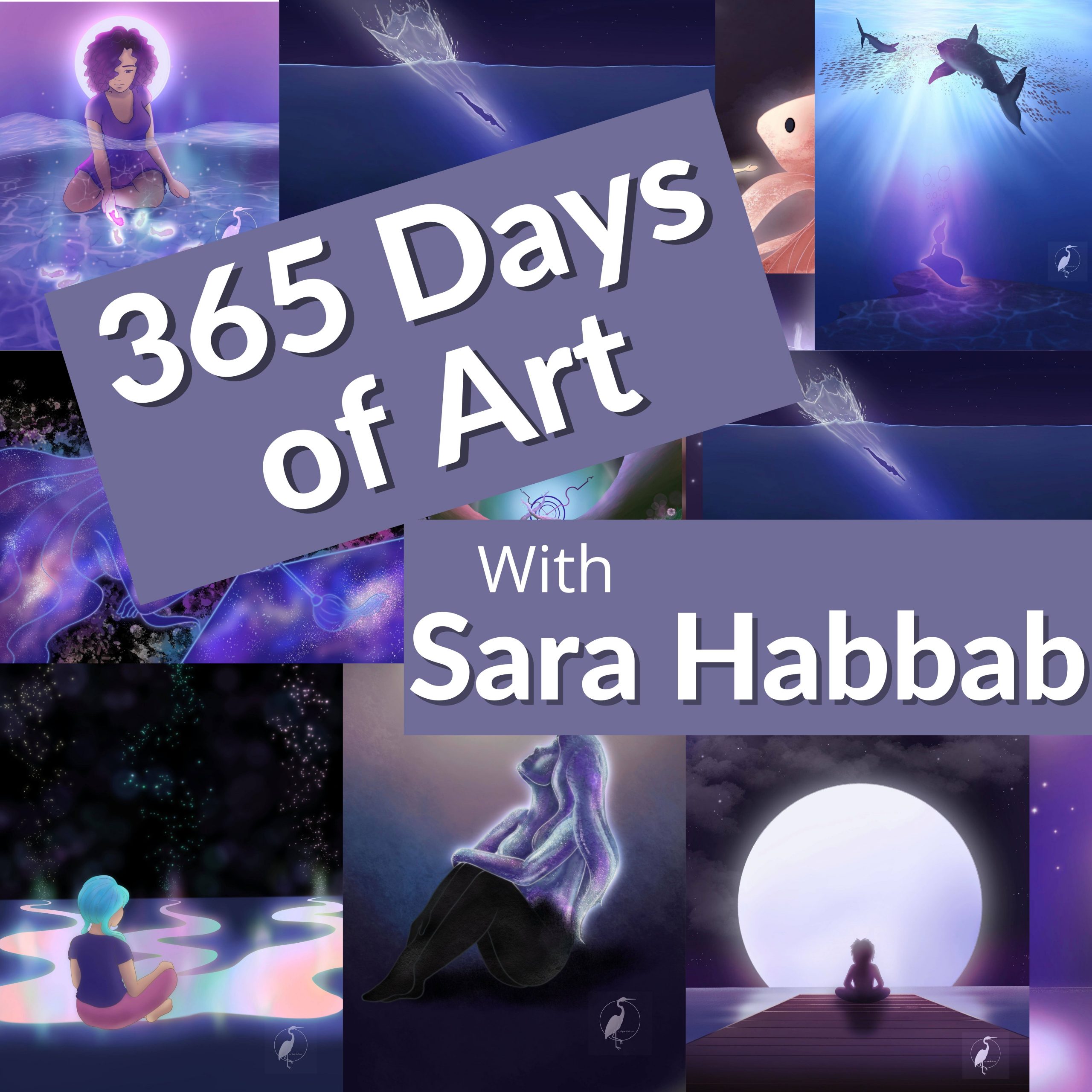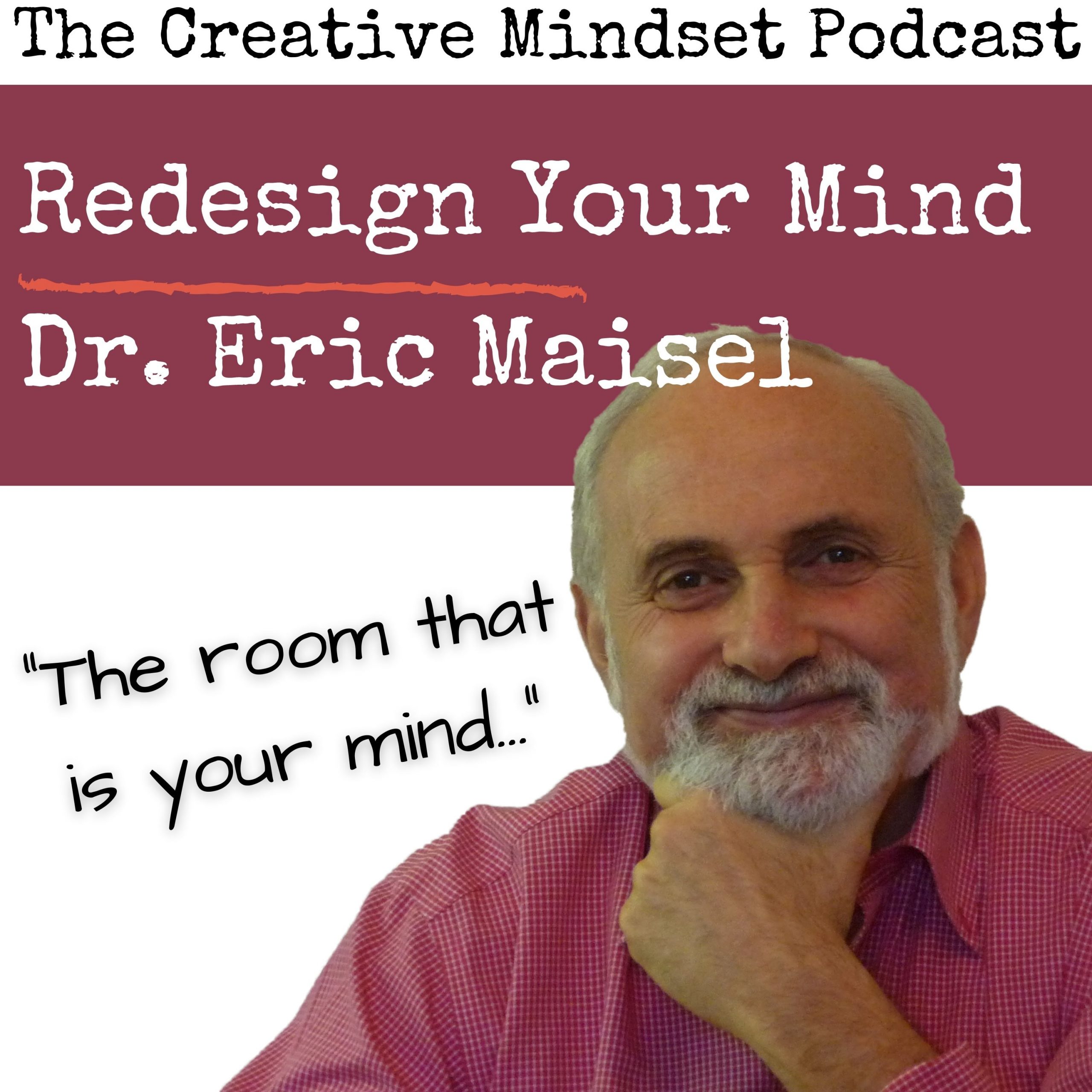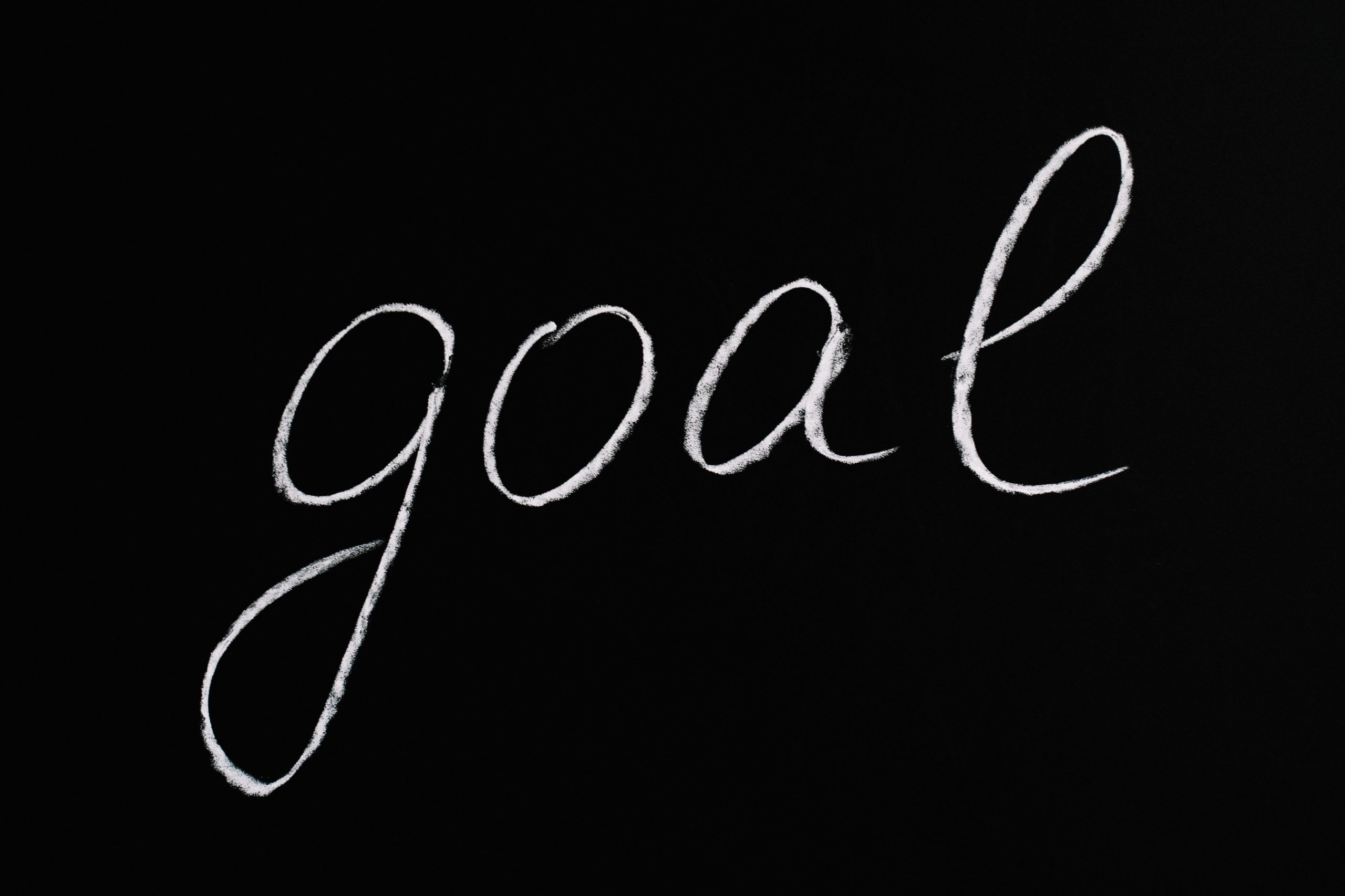Being an artist can be tough. It’s not just about whipping up a masterpiece on a whim, it’s about constant learning, experimentation and evolution. And what better way to do that than with a growth mindset? Here are 12 reasons why a growth mindset is essential to artists of every kind, and why it’s the secret ingredient to creating art that will knock people’s socks off (and maybe even their pants too). […]
